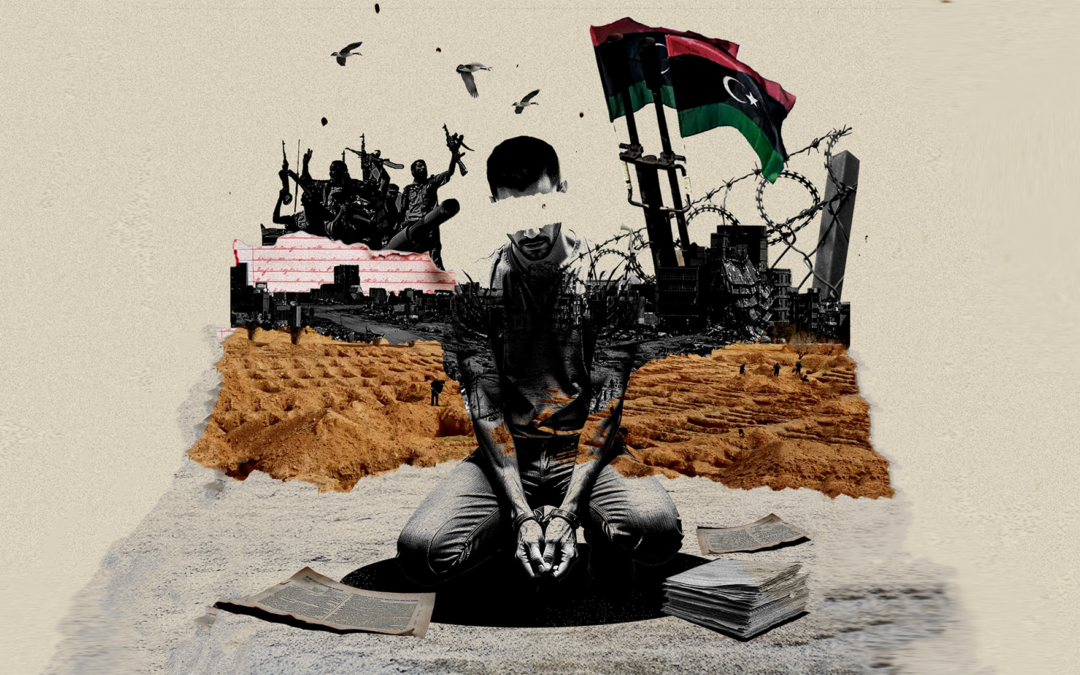

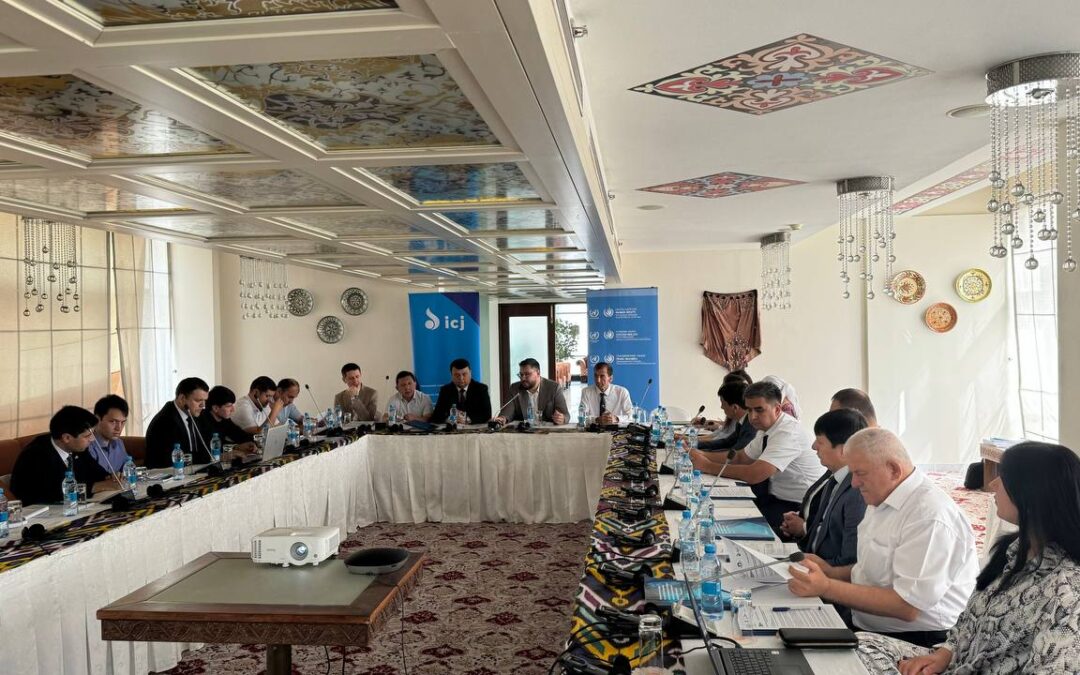
Tajikistan: ICJ and partners host roundtable on enhancing protection against arbitrary detention
On 31 July 2024, the International Commission of Jurists (ICJ), the Office of the United Nations High Commissioner for Human Rights (OHCHR) Regional Office for Central Asia (ROCA), the Supreme Court of the Republic of Tajikistan and the Coalition against Torture and...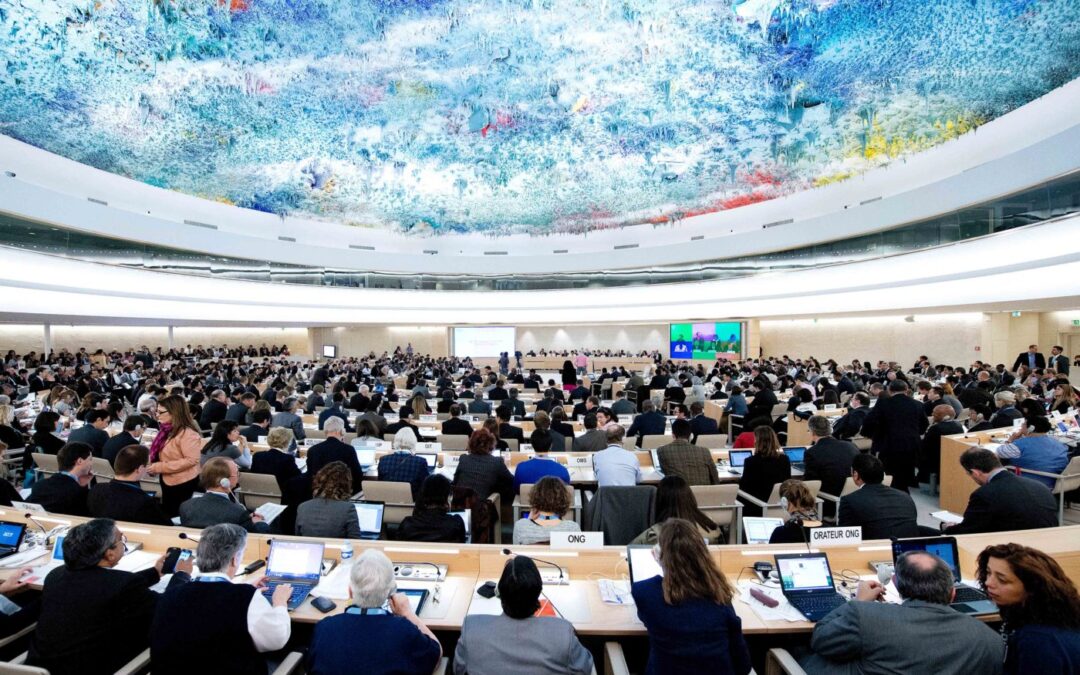
UN Human Rights Council: ICJ highlights concerns about the grave human rights situation in Myanmar, Sri Lanka and Afghanistan
The UN Human Rights Council (HRC) convened today in Geneva for the start of its 54th session. The ICJ delivered statements on three situations in which gross and systematic violations of human rights are committed: Myanmar, Sri Lanka and Afghanistan. These situations require sustained attention by the international community, including within the HRC, and more robust measures to ensure accountability for these violations, some of which are likely to constitute crimes under international law.
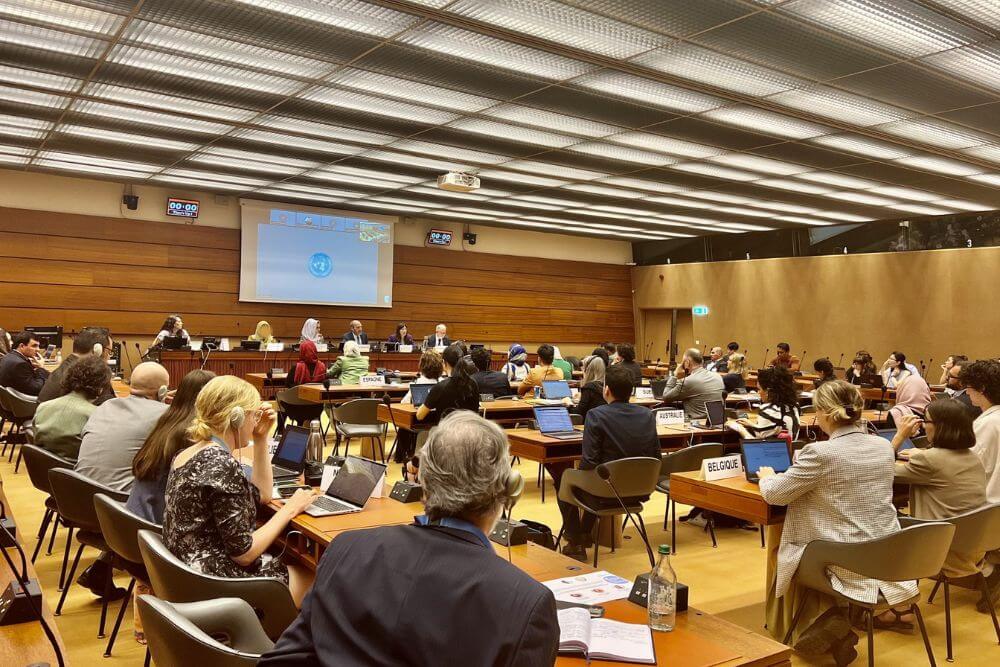
Afghanistan: At UN Human Rights Council, ICJ calls for urgent response to safeguard the rights of women and girls facing persecution
As the United Nations (UN) Human Rights Council discussed the situation of women and girls in Afghanistan, the International Commission of Jurists called today on the international community to scale up efforts to address the ongoing widespread and systematic human rights violations abuses in the country.
Following on from their joint report on The Taliban’s War on Women, The ICJ and Amnesty International, addressed the Human Rights Council and convened a panel discussion at the UN. The event provided additional space for women human rights defenders and UN experts to offer insights about the atrocious plight of faced by women and girls in Afghanistan, including the crime against humanity of gender persecution. Participants advanced their expectations for an international response and recommendations towards accountability for the crimes committed in the country.
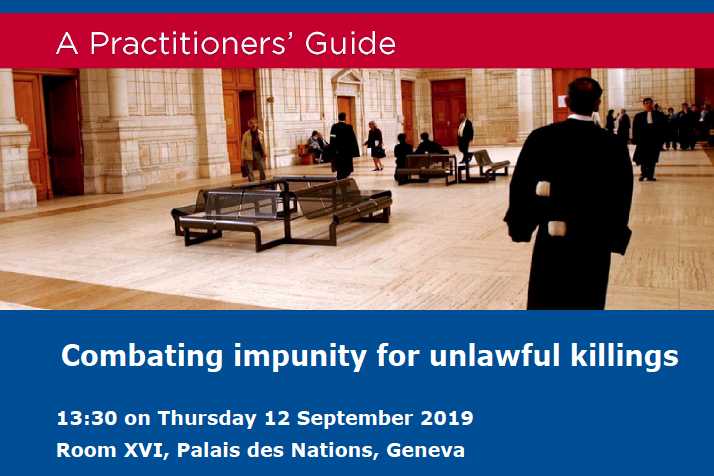
Event: Combating impunity for unlawful killings
ICJ’s new Practitioners’ Guide No 14 on the Investigation and Prosecution of Unlawful Death helps legal practitioners ensure that investigation and accountability processes are implemented in accordance with international human rights law.
The Guide elaborates on the revised Minnesota Protocol on the Investigation of Potentially Unlawful Death (2016), a set of practical standards and guidelines that was updated by former UN Special Rapporteur on extrajudicial, summary or arbitrary executions, Christof Heyns, and published by the Office of the United Nations High Commissioner for Human Rights (OHCHR) in 2017.
The panel discussion will highlight key elements of the Protocol and Practitioners Guide, and their relevance to cases such as the 2016 killing of political commentator, Kem Ley, in Cambodia and the 2018 killing of Saudi Journalist, Jamal Khashoggi in Turkey.
- Agnes Callamard, Special Rapporteur on extrajudicial, summary or arbitrary executions (by video conference, TBC).
- Stuart Maslen, Honorary Professor, Centre for Human Rights, University of Pretoria.
- Kingsley Abbott, Senior Legal Adviser & Coordinator of the ICJ’s Global Accountability Initiative.
Moderator
- Carolina Villadiego, ICJ Legal and Policy Adviser, Latin America
Printed copies of the ICJ’s Practitioners’ Guide No 14 on the Investigation and Prosecution of Unlawful Death will be available.
A flyer for the event is available here.
*** Room XVI is on the 5th floor of Building A, behind the Assembly Hall, accessible by the elevators at the Salle des Pas Perdus. Details here.




